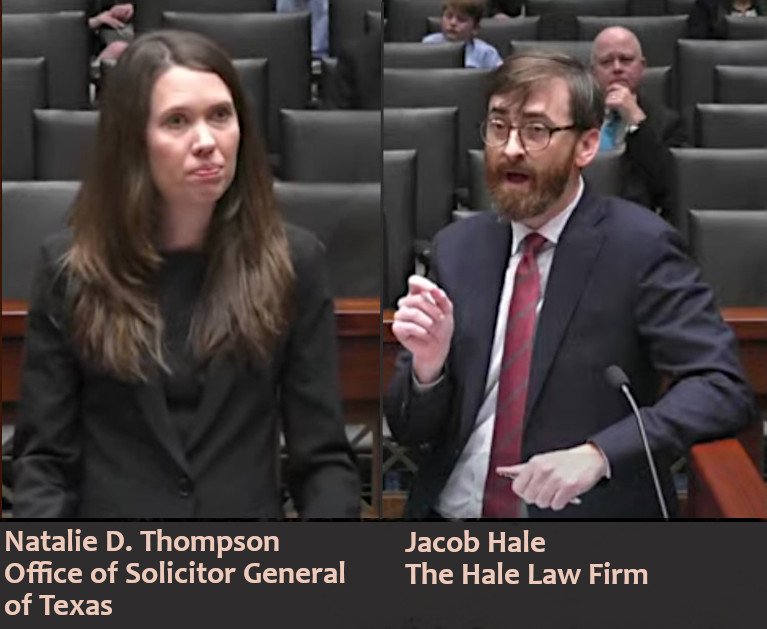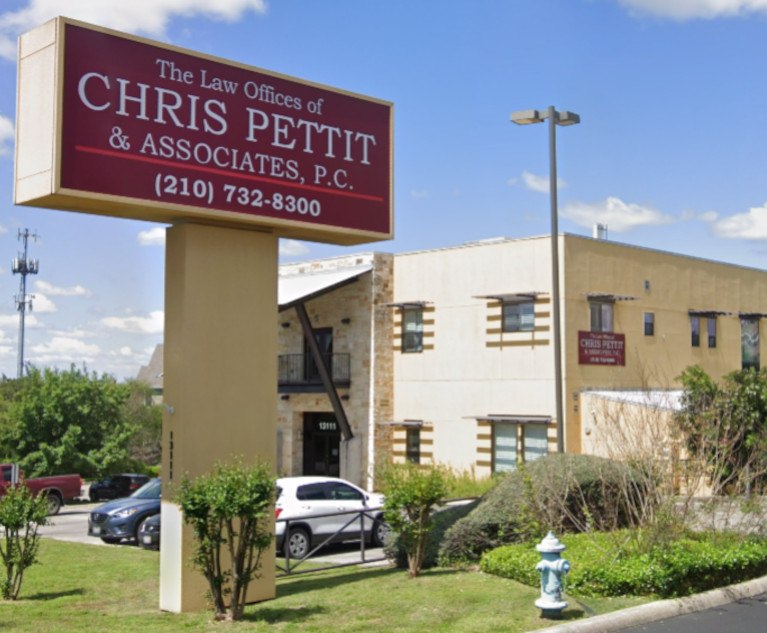The last few years saw substantial changes and updates in the probate and estates realm, not the least of which was replacement of the prior Texas Probate Code with the Texas Estates Code. In guardianships, the most important changes directed an exploration of “less restrictive alternatives” to guardianship, making proving the necessity for a guardianship more difficult. Additionally, another hour was added to the required learning for an attorney to qualify to serve in an ad litem capacity in the probate courts, as well as a new requirement that attorneys representing applicants for guardianship also obtain the four-hour training previously only required of those wishing to serve in an ad litem capacity. These requirements have resulted in the courts stressing the importance of consideration of less restrictive alternatives to guardianship of the person and/or estate.
Guardianships are court-supervised, and by necessity strip the incapacitated person of some or many rights possessed by most adults, such as the right to vote and decision whether to marry. Guardianships of minors and adults arise out of legal incapacity (such as birth defects, accidents resulting in damaged mental function, and age-related mental decline). Out of this rather significant legal power and duty to made decisions for another combined with stripping away of rights of another arose the focus on less restrictive alternatives to guardianship, and the resultant reluctance of the courts to establish guardianships without sufficient evidence that less restrictive alternatives are inadequate. (See Texas Estates Code §1001.001.)







